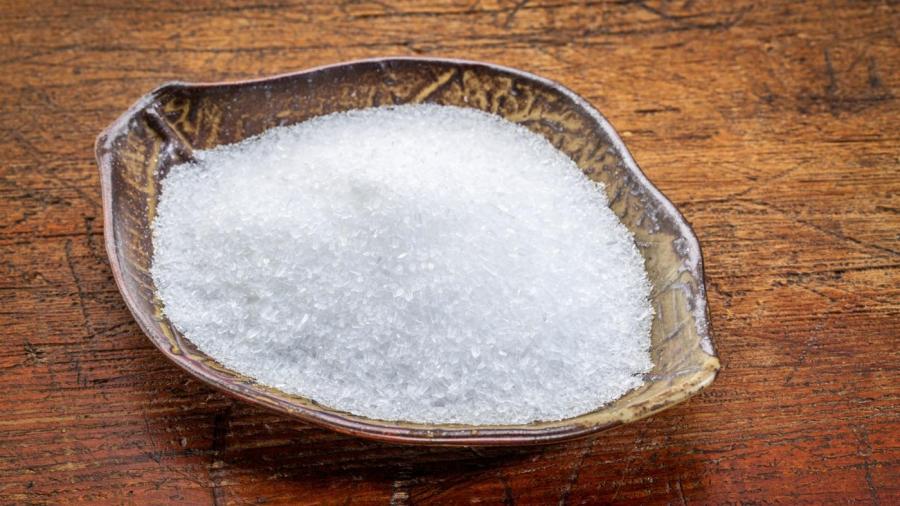What Are the Effects of Epsom Salt on Plants?

Epsom salt affects plants by causing them to produce more flowers and larger yields of produce, according to the National Gardening Association. Epsom salt is typically applied to plants as a foliar spray to allow the plants to absorb the nutrients from the salt easily.
Participants tested the effectiveness of Epsom salt on Gypsy peppers and established rose bushes. The majority of the participants found that pepper plants treated with Epsom salt were larger and yielded larger fruit. The peppers were also juicier, sweeter and had triple the thickness of the untreated peppers that were used as a control in the study. The treated roses had greener foliage, bushier plants and more roses than the control plants. The rose bushes also had greener foliage and bigger, deeper colored flowers.
Epsom salt is also used to improve the magnesium content of deficient soil. This is because Epsom salt is made of hydrated magnesium sulfate. Plants need magnesium to strengthen their cell walls and to improve their uptake of nitrogen, phosphorus and sulfur. The mineral is also necessary for seed germination and the production of chlorophyll, fruit and nuts. When certain plants don’t get enough magnesium, they develop yellow, curled leaves, experience stunted growth and produce fruit that isn’t as sweet.





